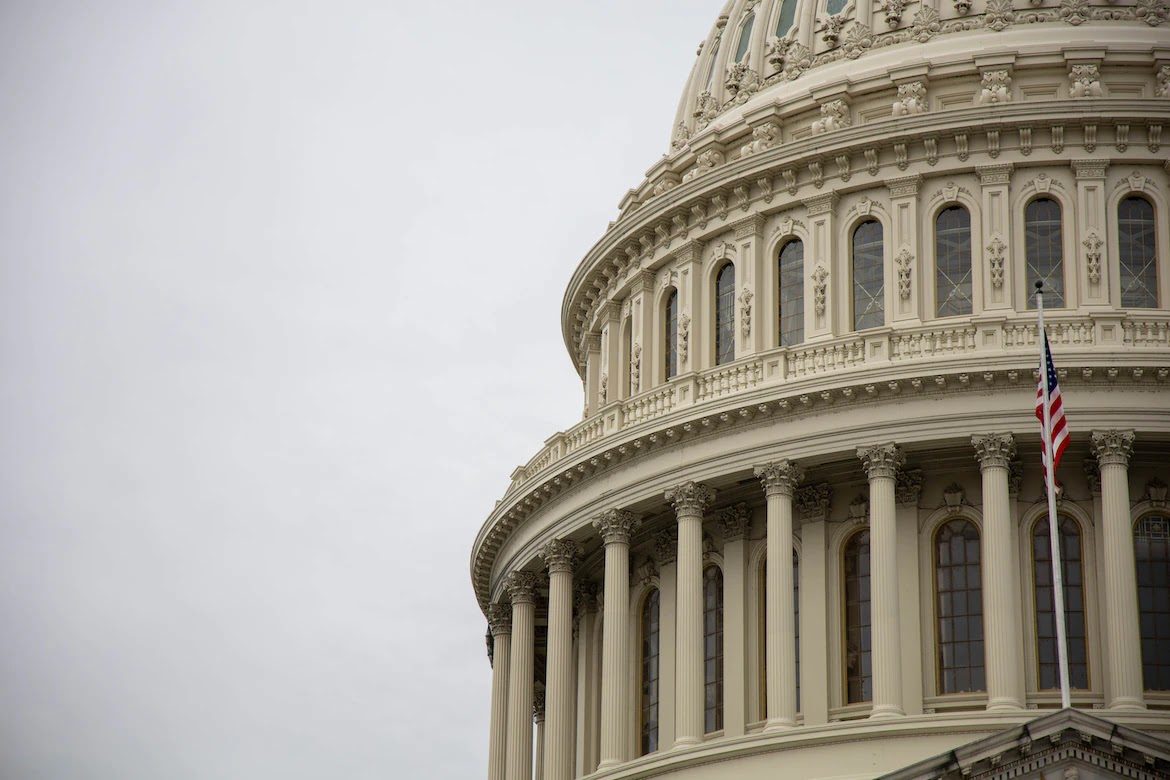 |
| To what extent does the Bill of Rights provide for the limitations of rights in the Constitution? |
The Bill of Rights, which consists of the first ten amendments to the United States Constitution, outlines specific limitations on the powers of the federal government and the protection of individual liberties. These limitations on government power can sometimes affect the exercise of individual rights.
The Bill of Rights includes several limitations on individual rights that are designed to balance the interests of the individual against the interests of society as a whole. For example, the First Amendment protects the right to free speech, but there are some limitations on this right, such as the prohibition of speech that incites violence or constitutes a "clear and present danger."
Similarly, the Second Amendment protects the right to bear arms, but this right can be limited to protect public safety and prevent violence. Other amendments in the Bill of Rights, such as the Fourth Amendment's prohibition of unreasonable searches and seizures and the Fifth Amendment's protection against self-incrimination, also contain limitations on individual rights in certain circumstances.
Explain the use fullness of social media in the promotion of human rights in SA
In addition to these specific limitations on individual rights, the Bill of Rights also includes the Ninth and Tenth Amendments, which provide that the enumeration of certain rights in the Constitution shall not be construed to deny or disparage other rights retained by the people or the states. These amendments are designed to ensure that individual rights are not limited to those explicitly listed in the Constitution, and that the federal government's powers are limited to those expressly granted by the Constitution.
In summary, while the Bill of Rights is primarily concerned with protecting individual rights and liberties, it also includes some limitations on those rights in certain circumstances. These limitations are intended to balance the interests of the individual against the interests of society as a whole, and to ensure that the federal government's powers are limited to those expressly granted by the Constitution.





No comments
Post a Comment